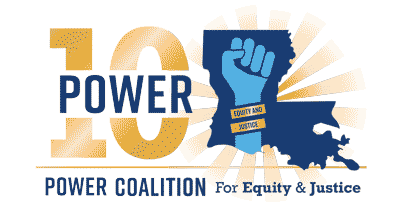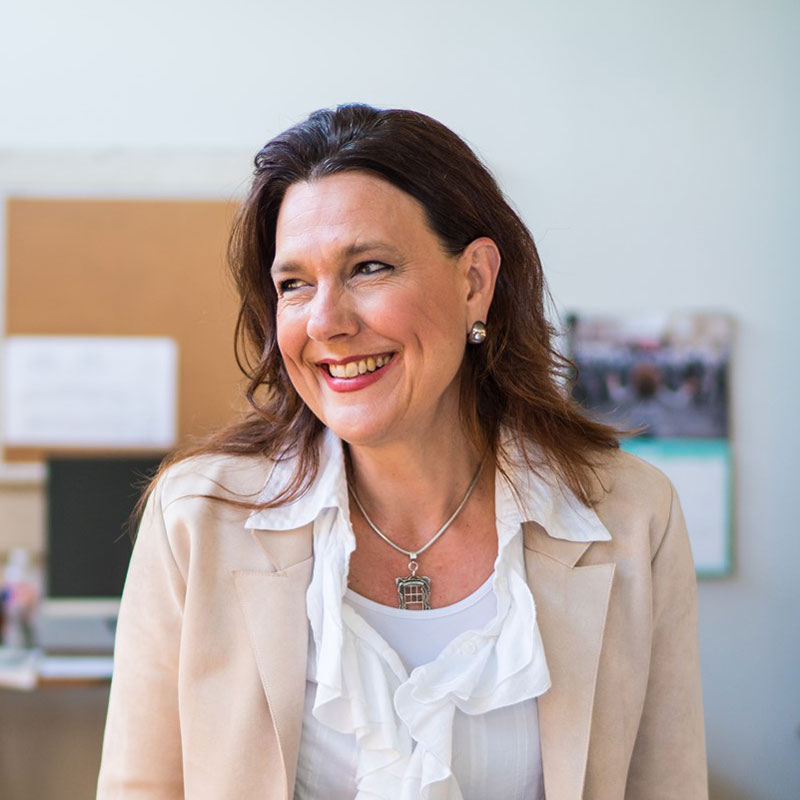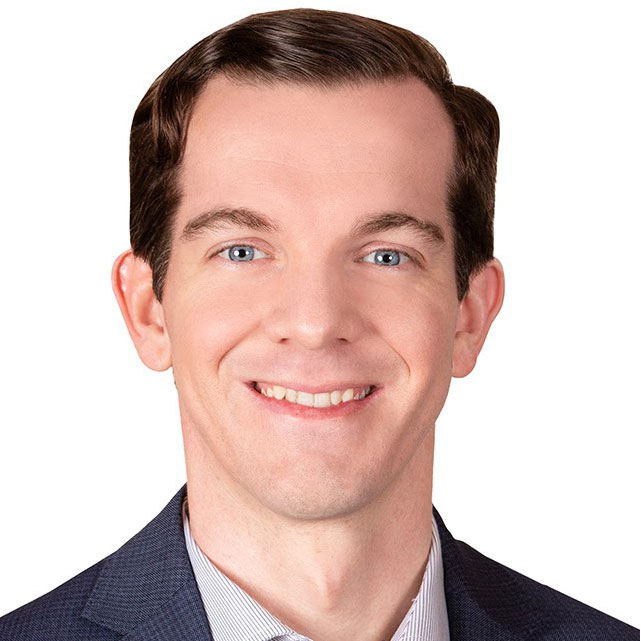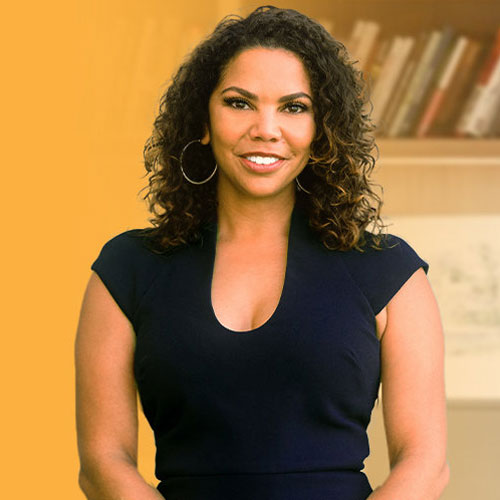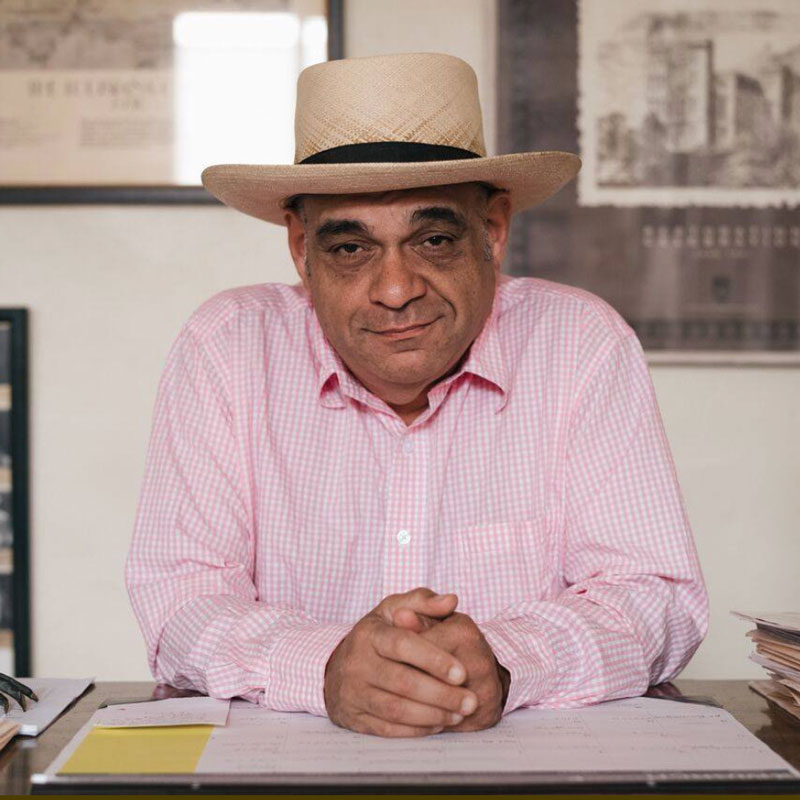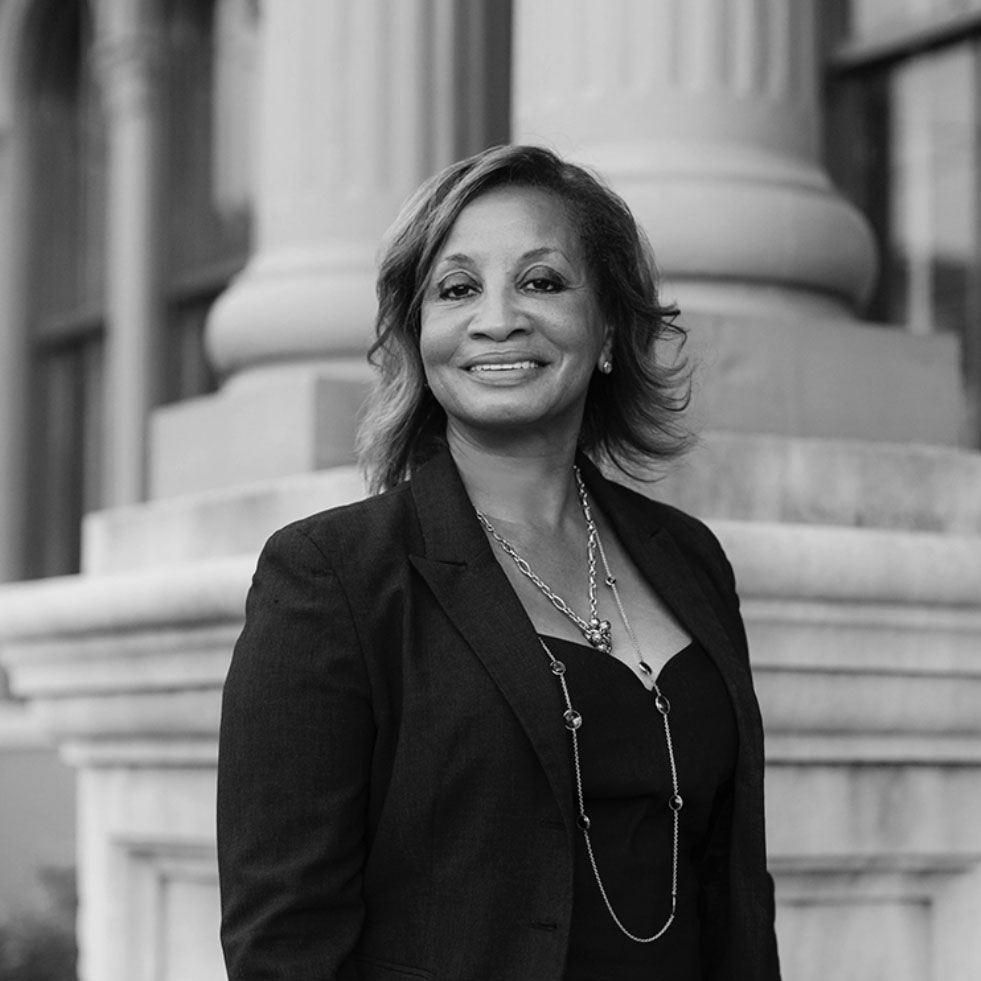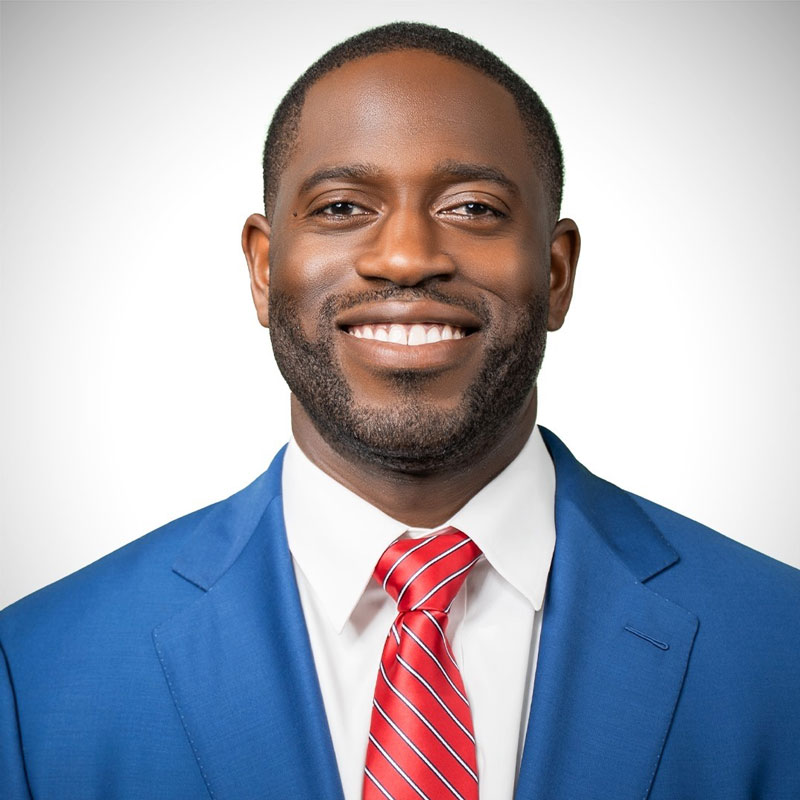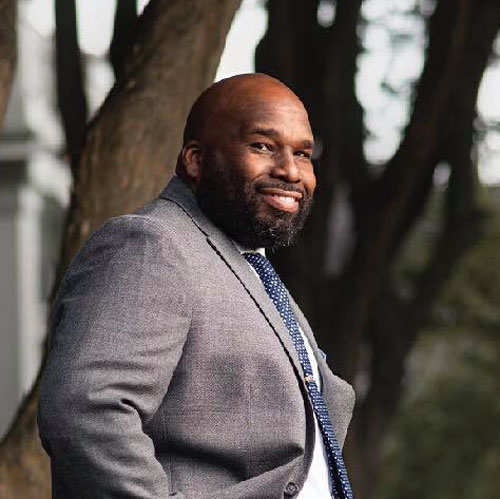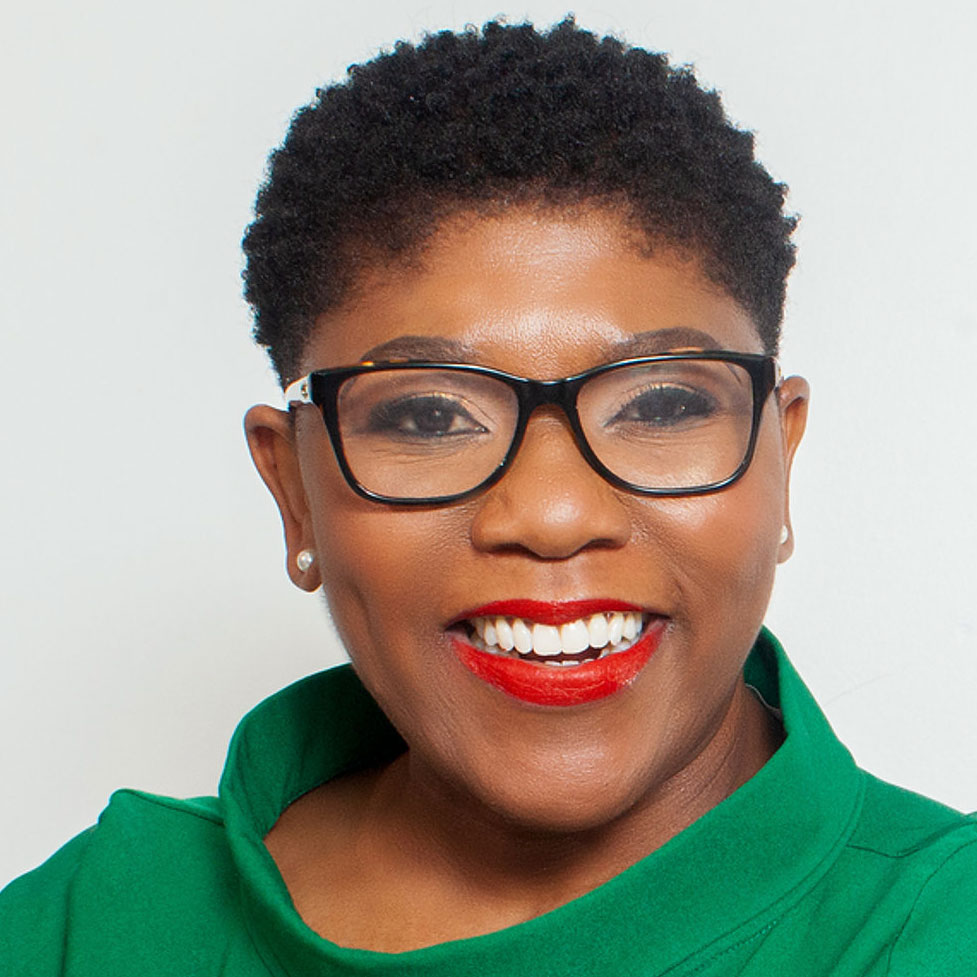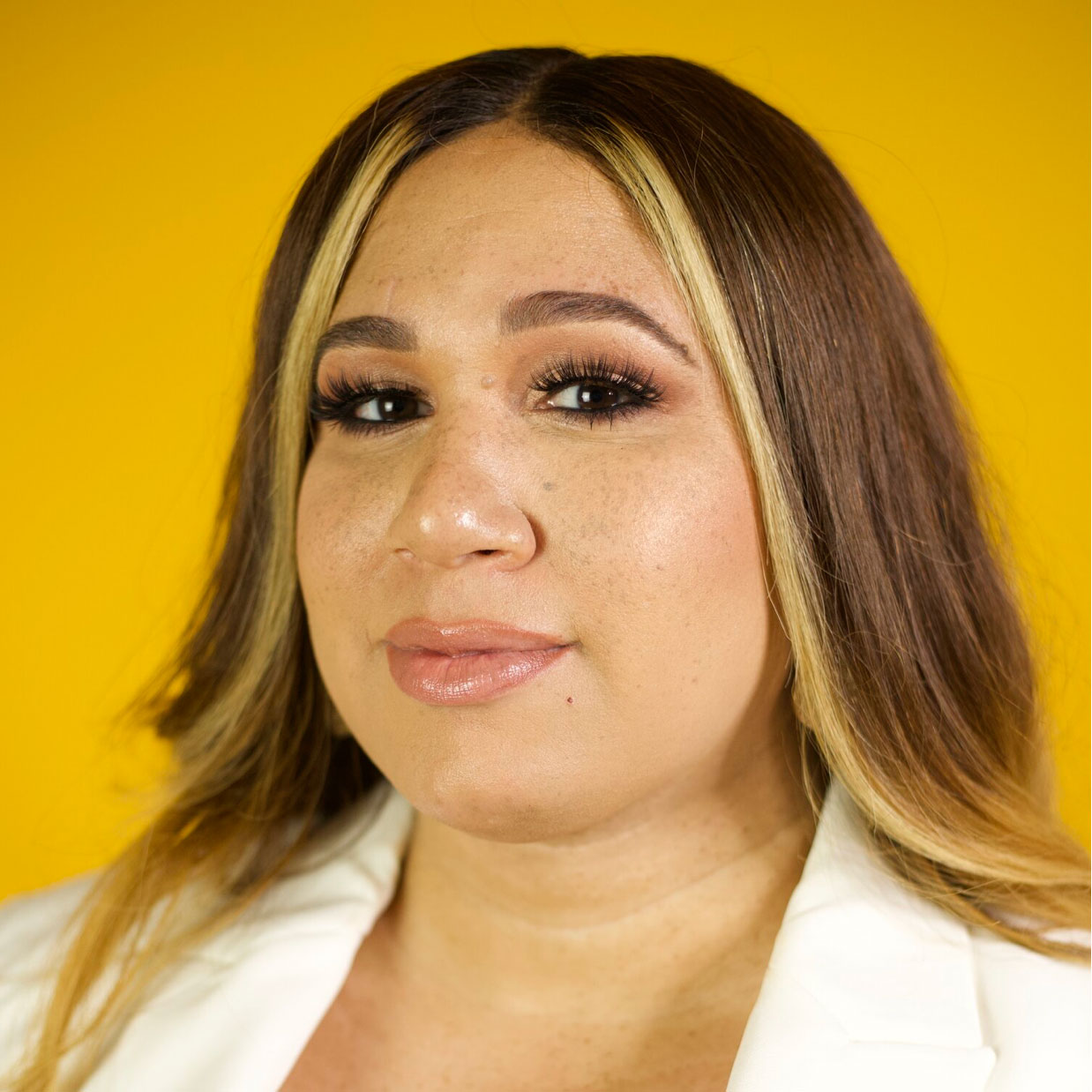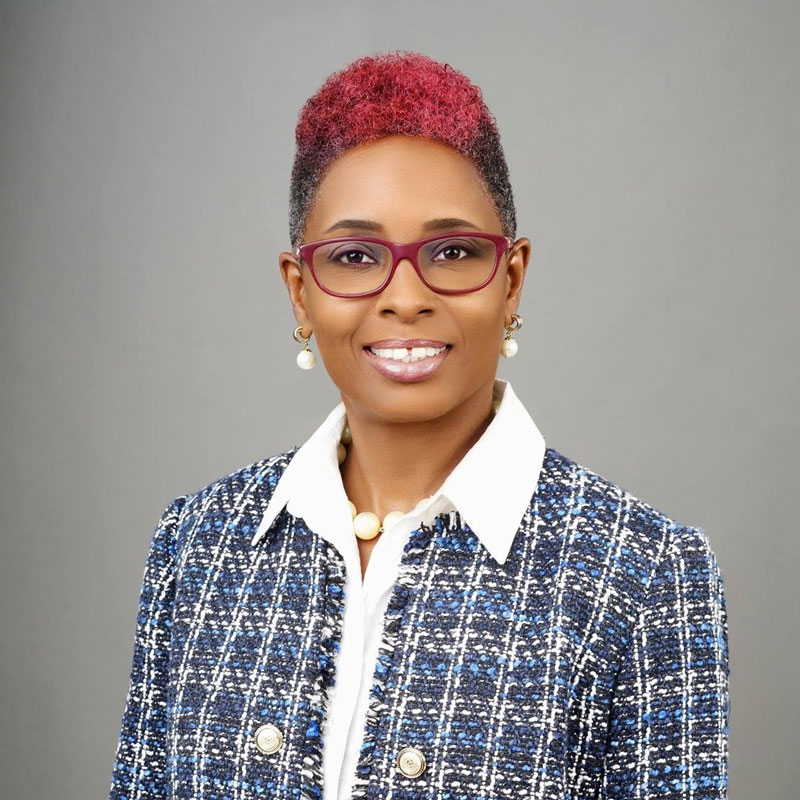1) When presented with issues and/or policies that have disproportionate negative impacts on communities of color, will you try to directly address those racial equity issues through policy and resources, or will you take a “race-neutral” approach?
Directly address racial equity
2) The City of New Orleans recently passed ordinances to ensure all city workers, workers on city contracts, and all workers connected to public money make $15 an hour. Will you use your power to ensure that these $15 minimum wage laws are enforced?
Yes
3) In order to reduce crime, would you vote for a budget that shifts funding from police and incarceration to expand our definition of public safety to include increased investment in education, mental healthcare, infrastructure, equitable economic opportunity, and similar systems and programs?
Yes
4) Would you support a small increase to New Orleans property taxes, or another similar tax increase, to fund early care and education programs in the city?
Yes
5) Do you believe local governments should have control over the Industrial Tax Exemption Program (ITEP) tax credits?
Yes
6) Do you believe the current system of funding our court system primarily through criminal fines and fees, known as the user-pay system, needs to be reformed--e.g., state and/or local governments should set aside more dedicated funding for courts?
Yes
7) Will you commit to making airbnb and local hotels provide 10% of their vacant properties or rooms to house unhoused community members?
Yes
8) Do you support building the Phase 3 jail?
No
9) Would you support an ordinance that bars New Orleans government agencies from producing, or co-producing, television shows- including NOPD, EMS, and OPSO- with people who are unable to give consent?
Yes
10) Will you commit to keeping political gerrymandering out of this year’s local redistricting process?
Yes
This is the end of the multiple choice question section. If you would like to elaborate on any of your answers, please use this section to do so.
There is a need for change in the city of New Orleans. Social and economic equity are lacking. City officials have expressed robust support for this more proactive and equitable approach to engaging residents and for using City resources to ensure the most marginalized residents are equitably represented. The Master Plan for the 21st Century (Chapter 14) and the City Charter both include this priority, but officials have failed to put an implementation plan into place.
The city prospers when everyone prospers. In order to truly thrive, New Orleans must model addressing inequity in our communities. Racial equity recognizes that racism is both systemic and institutionalized and that achieving racial justice requires addressing the root causes of inequity, rather than their contemporary manifestations. To combat the historical legacies of racism in America, particularly here in the Deep South, New Orleans must advance racial equity by actively redistributing resources and investing in communities in ways that combat disparities such as mass incarceration, criminalization, un- and underemployment and poverty.
11) New Orleans has been allocated $388M of Federal COVID relief dollars through the American Rescue Plan. Half ($194M) arrived in spring 2021, and the other half is expected in spring 2022. That money is intended to help the City roll out public health resources, replace lost tax revenue, provide economic relief and stability, and respond to the inequities exposed by COVID; and cities are required to engage the community to develop their spending plan. Despite this requirement, the City's plan for allocating the first $194M this year was made without any community involvement. If elected, how would you engage community members in the plan for the second allocation? What would your priorities be?
COVID-19 has revealed many disparities in access to health care, education, and economic opportunity. These problems aren’t new, but they have been further complicated by the pandemic. Community engagement can be challenging at the best of times; when communities are reeling from a pandemic, protesting racism, and facing economic uncertainty, engagement and communication are even more crucial and more challenging.
As a city council member I plan to establish regular touchpoints and reciprocal relationships. I will bring the bold leadership we need to implement equitable solutions and ensure our recovery includes everyone. I intent to engage trusted community members who have deep community relationship and social connections. This ensures that our district is inclusive in our engagement strategies. We will also "go to the people" and meet communities in their safe spaces. This includes places of worship, community centers and resident backyard/or front porches.
The primary goal is to engage with all our communities to ensure that everyone has access to information about how the acquired resources will be used to benefit our residents, our businesses, and our neighborhoods.
12) The City Budget is a moral document-- where we spend our tax dollars is directly related to our city’s ability to provide services and meet residents' needs. The current budget process does not create a meaningful opportunity for residents to express their priorities. The existing process is held once most of the decisions have already been finalized, and very few residents participate. If elected, how would you ensure residents are engaged in the budget process, especially those residents who are often excluded from City decisions? How would you ensure that the City remains accountable to the community needs expressed in the budget?
The idea of "engagement" is that its not a start and stop process but cyclical as a continuum. As a member of the legislative body this is an opportunity for real feedback to be taken in from residents through multiple engagement processes. I am committed to convening and engaging the district twice a year collectively to ensure we are hearing from each other regarding the priorities that are being made regarding the district. I want to take the exercises and lessons learned during my NPN days as Executive Director and apply that knowledge to participatory budgeting with the diverse communities of District D.
13) Since 2018, the City of New Orleans has invested a cumulative total of $8.25M towards quality early care and education for low-income families and their children. This investment has created and grown the City Seats Program, which now leverages matching dollars from the State of Louisiana and federal funding to provide high-quality, full-day, year-round early care and education for 377 children, but leaves thousands of children who need it without access. In addition, each year, however, it is uncertain if this investment will be able to be continued and sustained in the City budget. This is disruptive to families and educators and falls well short of families’ need for quality, reliable early care and education so parents can work. What are your plans to increase access to a quality early education for our city’s young children and ensure there is reliable long-term funding for it?
The first five years of life are the most critical in the development of a child’s brain, and there are economic advantages to investing in early childhood development for disadvantaged children. In addition, by age 5, children are developing social skills that are the types of skills that we require in the future workforce—like making good decisions, the ability to have empathy, that are really just hard to develop in a workforce.
As a local legislator I am to promote early learning policies as part of the economic development agenda. Several studies have shown the return on investment that early learning programs can bring to communities. From the number of people employed to the supports provided to working parents to the long-term benefits for children who attend high-quality programs, early learning policies should be considered with the economic development plans. In addition I would encourage business organizations and networks to adopt a policy position in support of public investments for effective, high quality early education programs.
14) Since 2018, the City of New Orleans has taken steps to make children and young people a priority for City Hall. There is now a Mayor’s Office of Youth and Families, a Mayor’s Youth Advisory Council, a Child-Friendly Budgeting Task Force of City Council, and several City Council resolutions related to young people having a voice in issues that impact their lives in the City. None of these efforts, however, has any long-term structure to ensure they continue. If elected, how would you make sure that children and youth are a long-term priority for City Hall, regardless of who is in office?
I aim to develop a resolution that would create a New Orleans Youth Commission by sponsoring a Charter Amendment that put the question of whether or not to create the Youth Commission to the voters of New Orleans. The purpose of this commission would be to advise the New Orleans City Council and the Mayor on "the effects of legislative policies, needs, assessments, priorities, programs, and budgets concerning the children and youth of New Orleans.
15) New Orleans City Council is unique in that it is the regulatory body for Entergy New Orleans. There are community concerns about rising Entergy costs, particularly following Hurricane Ida. How will you ensure that communities do not bear the brunt of corporate costs?
The energy cost burden for low-income households in New Orleans is 18.9 percent. As utility regulators the New Orleans City Council can and must do more to advance equity. As a regulator of the city’s utilities I will investigate closely the value, or lack thereof, that the current advisors provide not only to the Council itself, but to New Orleans ratepayers. Moratoriums on rate increases should be put in place until the company is held accountable, and support for community-driven solutions and a more climate-resilient power system
In addition to the guidance of the advisors, I am interested in increasing accesses to community input by residents and other stakeholders, to ensure that rates are fair and affordable for New Orleans ratepayers
16) There is a housing crisis in New Orleans that has been made even more visible by COVID-19. There are 54,314 extremely low-income households, but only 18,696 units available that are affordable to them— just 34 affordable units available in the city for every 100 extremely low-income families. In addition to lack of affordable housing, utilities costs are increasing as a result of old infrastructure and storms. What are your plans to increase housing availability and affordability in New Orleans?
Solving our affordable housing crisis isn’t just about building more housing. We must solve for substandard conditions, and we must address our eviction crisis. We must solve for substandard conditions as there are too many people renting places that aren’t kept up. Much of our cheap housing (“affordable”) isn’t well maintained, leaving tenants in dangerous conditions yet, if they call code enforcement they can get evicted. I want to support passage of an anti-retaliation ordinance, so that tenants can call code enforcement when they need to, without concern about losing their home.
A rental registry solves some of our issues with substandard housing by providing an affirmative inspection process for all rentals. Although there are mixed reviews on rental registries in other places, but it might be the only option for us to improve local housing standards because state law is so limiting. I think we can craft a solution that works for New Orleans, and I hope advocates would want to be part of the solution to create a rental registry that works here.
We also have an eviction crisis that must be addressed. The data on evictions is appalling, and disproportionately impacts Black women and their children. That’s because so many heads of household are women, and among evicted households overwhelmingly African American. This is a very personal issue for me and super critical to the constituents of District D which has a population of more than 30% reflective of this profile. There are lots of ways we can do this.
First, we must pass an anti-retaliation ordinance so that tenants living in substandard conditions can report health & safety violations. Second, the City’s rental assistance program has done a great job of connecting the courts, legal services, and rental relief funds. We need to make that a model going forward and, expand to meet even more tenants…including those that may not have access to legal services. I think the courts are aware of the issues and trying to be a good partner, now City Council needs to do the same. Solving our eviction crisis will help solve our affordable housing.
Truthfully, we Need More Housing and I support efforts to increase our citywide development goals by ensuring the Neighborhood Housing Improvement Fund (NHIF) remains intact. I support full implementation of the Smart Housing Mix, to best utilize zoning policy to increase access to affordable housing and I support the Finance Authority’s innovative efforts like green mortgages and other financing structures that leverage capital investments in affordable housing while also making housing “greener” and thus more affordable to live in.

